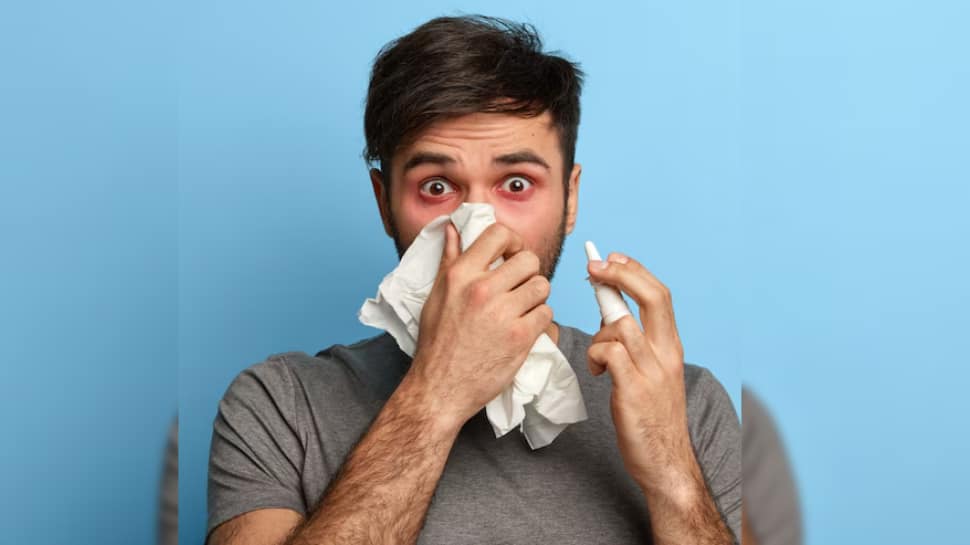The monsoon season brings relief from the scorching heat but also increases the risk of various infections, especially nasal and respiratory issues. High humidity, stagnant water, mold growth, and pollution create a perfect environment for allergens and pathogens. If you’re prone to sinusitis, colds, or nasal allergies, it’s crucial to take preventive measures during this season.
Here are 5 effective tips to avoid nasal infections during the monsoon and keep your respiratory health in check:-
1. Maintain Nasal Hygiene with Regular Saline Rinses
Using a saline nasal spray or doing a neti pot rinse with warm saline water helps clear mucus, dust, and allergens from your nasal passages. It keeps your nasal membranes moist and reduces the risk of bacterial or fungal growth during humid weather.
Pro Tip: Always use sterile or boiled (then cooled) water for nasal rinses to avoid contamination.
2. Boost Immunity with a Balanced Diet
A strong immune system is your best defense against seasonal infections. Include immunity-boosting foods like turmeric, ginger, garlic, citrus fruits, leafy greens, and probiotics in your daily meals.
Don’t Forget: Stay hydrated — drink warm water or herbal teas to flush out toxins and maintain respiratory tract health.
3. Keep Your Surroundings Clean and Dry
Damp indoor spaces can harbor mold, a major trigger for nasal allergies and sinus infections. Regularly clean your home, especially bathrooms, corners, and areas near windows. Use a dehumidifier if necessary.
Bonus Tip: Avoid drying clothes indoors as it increases indoor moisture and mold risk.
4. Avoid Sudden Temperature Changes
Shifting abruptly between air-conditioned rooms and humid outdoor environments can irritate nasal passages. Try to regulate temperature changes gradually and use a scarf or mask when stepping outdoors.
Note: Avoid direct exposure to cold air from ACs and fans — it can trigger sneezing or congestion.
5. Wear a Mask and Avoid Polluted or Dusty Areas
Monsoon winds often stir up pollutants, dust, and pollen that can irritate your nasal lining. Wearing a mask helps filter out allergens and reduces your exposure to infection-causing microbes in crowded or polluted places.
Extra Care: Avoid contact with individuals showing symptoms of cold, cough, or flu.
Prevention is better than cure — especially during the monsoon when nasal infections can linger longer due to humid conditions. By following these simple tips and maintaining overall hygiene, you can enjoy the rains without falling prey to seasonal sniffles or infections.
(This article is meant for informational purposes only and must not be considered a substitute for advice provided by qualified medical professionals.)

